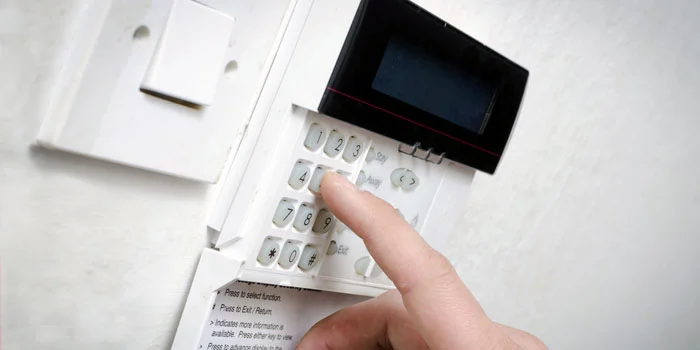Whether you’re leaving for a few weeks, or a few months, an empty house requires special attention. From notifying your insurance agent to using video surveillance and simply mowing the yard, here are some tips for protecting your empty home:
- Limit utility use. Turing off the air conditioning and shutting off the water supply can reduce your risk of trouble while no one’s home. But avoid turning off the heat in cold climates, because it can lead to frozen pipes and cause unnecessary damage.
- Clean up and seal up. Trimming low tree branches, cleaning out gutters and sealing up windows and doors can protect your home from common problems like insects and wet basements.
- Hand over a key. A friend or family member can be a great resource for help with exterior maintenance (lawn mowing, snow blowing the driveway), as well as checking the interior. Having someone periodically walk through your home will help identify potential problems before they become huge headaches.
- Install variable light timers. Lights that turn on at varying times (think: not the same time every day) give your home a more lived-in look and make it harder for potential vandals to target your home.
- Hold your mail. Visit your local post office in person or online to use the hold mail service. You can request a hold up to 30 days before you departure or as little as one day prior to leaving.1
- Consider a security or surveillance system. While not a practical solution in all cases, installing an alarmed security system or video surveillance with remote-activated deterrents can slow down would-be thieves and vandals.
- Contact your insurance agent. Most insurance companies require special unoccupied home insurance coverage for properties that are left empty for a period of time. The details of coverage vary greatly, and your agent can help you understand your options.
With a little preparation, you can leave your empty home feeling confident it will be safe from both the elements and unsavory guests.
1 United States Post Office. Request Hold Mail

